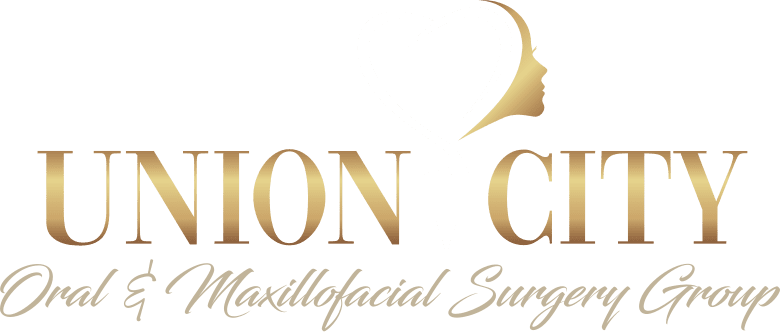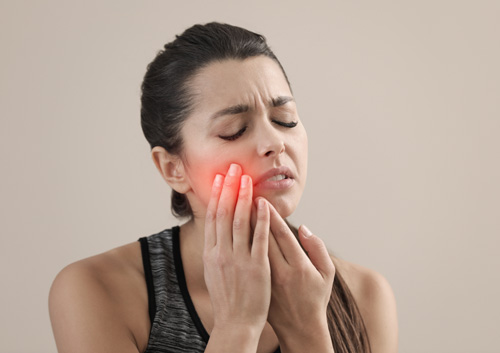While we often think about our teeth when discussing oral health, the supporting structures of soft tissues within our mouth deserve equal attention. These delicate structures, including the gums, tongue, and the outer layers of the cheeks and lips, are collectively referred to as soft tissue dental structures.
Soft tissue dental structure damage can be caused by various factors, from accidents and injuries to infections. Whether you’ve experienced a dental injury or simply want to be prepared for future mishaps, at Union City Oral Surgery Group, we provide personalized care and attention using our state-of-the-art equipment and methodologies. With our comprehensive approach, you will be rest assured that your smile will be restored and protected from future complications.
What Is Soft Tissue Dental Structure Damage?
While you may be familiar with dental trauma such as chipped or knocked out teeth, soft tissue dental structures refer to issues in your mouth that affect areas other than your teeth, which include the following:
- Gums: The pink or coral-colored tissue that surrounds and supports the teeth. Healthy gums are essential for anchoring your teeth and protecting the underlying bone.
- Cheeks and lips: The lining of your cheeks and lips is composed of soft tissue that helps protect your teeth and provides comfort during speaking and eating.
- Tongue: The tongue is primarily a muscle, but the surface is covered with mucous membrane, making it a part of the soft tissue. It’s essential for speech, taste, and oral movement.
- Jaw: The upper and lower jaws provide support for and function with the visible elements of the oral cavity.
Soft tissue dental structure damage can occur due to various factors, including the following:
- Trauma: Accidents, falls, or sporting injuries can lead to direct trauma to the mouth, causing cuts, tears, bruises, and more severe damage to these structures.
- Infection: Bacterial, viral, or fungal infections in the oral cavity can lead to inflammation and damage to the soft tissues.
- Oral hygiene: Aggressive brushing or using sharp instruments for oral care can sometimes injure soft tissues.
Understanding these different types of damage and their underlying causes is vital for effective treatment. At Union City Oral Surgery Group, we will examine your injuries and provide a personalized treatment plan for your unique condition.
How to Treat Soft Tissue Dental Structure Damage
Treatment for soft tissue dental structure damage varies depending on the type and severity of the injury or condition. Treatments may include:
- Sutures: For lacerations and deep wounds, an oral and maxillofacial surgeon may need to suture the damaged tissue to promote proper healing.
- Antibiotics: If the damage is due to an infection, antibiotics are prescribed to eliminate the cause and prevent its spread.
- Pain and prescription medication: Over-the-counter or prescription pain medications may be recommended to manage discomfort during the healing process. Additionally, your oral surgeon may recommend specific mouthwashes or topical creams for your specific condition.
- Diet modifications: In some cases, individuals with soft tissue damage may need to temporarily modify their diet and avoid foods that could irritate the damaged area.
- Follow-up care: Regular follow-up care with your oral and maxillofacial surgeon is essential to monitor your progress and ensure no complications arise.
Seeking professional dental care at Union City Oral Surgery Group is imperative to determine the most effective treatment plan based on your specific condition.
Schedule an Appointment Today With the Oral and Maxillofacial Surgeons at Union City Oral Surgery Group
Soft tissue dental structure damage can be a painful experience that affects your quality of life. Understanding the cause and how to treat it is not only crucial for your oral health but also for preserving your overall well-being. The oral and maxillofacial surgeons at Union City Oral Surgery Group offer up-to-date treatments and methodologies to ensure your smooth recovery.
Schedule an appointment today by calling (201) 601-9262 or filling out a contact form.


